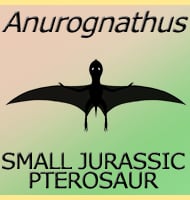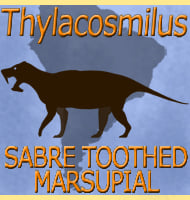In Depth
Originally assigned to the genus Clupea (better known as herrings) as Clupea sprattiformis by Blainville in 1818, the species was actually erected to its own genus level in 1974 by Nybelin. Leptolepides were fairly small fish but are among the most numerous known from the Solnhofen limestones of Germany. Aside from being similar to modern day herring in form, they may have been similar in ecological niche too.
Leptolepides were quite possibly prey to many other animals including pterosaurs and other fish. Evidence for this come from specimen WDC CSG 255 (described by Frey and Tichlinger in 2012) which shows a Leptolepides in the throat of a pterosaur called Rhamphorhynchus which in turn seems to have had its left wing speared by a fish of the Aspidorhynchus genus. It is not certain if the Aspidorhynchus was targeting the Rhamphorhynchus, or if it was actually trying for the Leptolepides when the Rhamphorhynchus simply got in the way. Leptolepides remains have also been found within the stomach contents of other fish.
Further Reading
- A compendium of fossil marine animal genera - Jack Sepkoski - 2002. - The Late Jurassic pterosaur Rhamphorhynchus, a frequent victim of the ganoid fish Aspidorhynchus? - E. Frey & H. Tischlinger - 2012.









